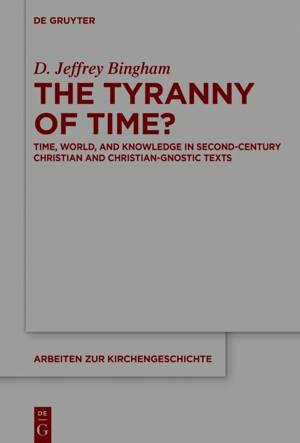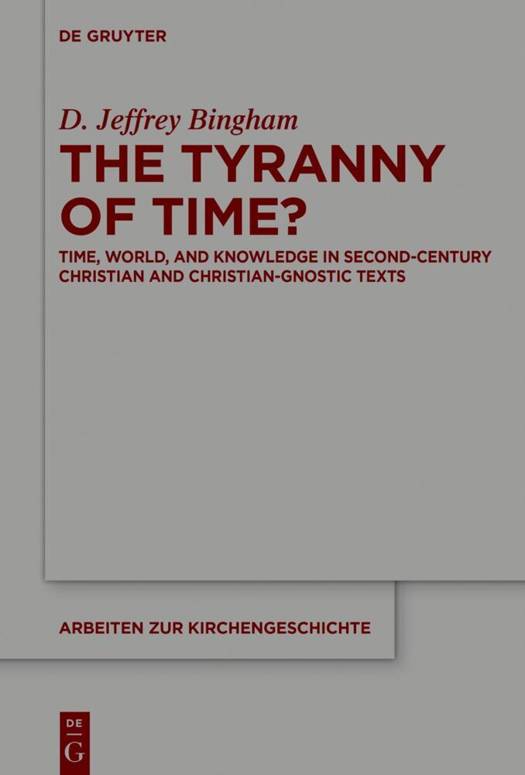
- Retrait gratuit dans votre magasin Club
- 7.000.000 titres dans notre catalogue
- Payer en toute sécurité
- Toujours un magasin près de chez vous
- Retrait gratuit dans votre magasin Club
- 7.000.0000 titres dans notre catalogue
- Payer en toute sécurité
- Toujours un magasin près de chez vous
The Tyranny of Time?
Time, World, and Knowledge in Second-Century Christian and Christian-Gnostic Texts
D Jeffrey BinghamDescription
In a day fascinated with questions of historiography and with explicating a distinctive Christian philosophy of time and history, Henri-Charles Puech's (1950s) work on Gnosis and time found an audience. Studying four second-century texts he marked as Gnostic, he argued for the Gnostic, anti-cosmic, anti-historical pessimism about existence within the tyrannical temporal world of bondage and error. Bliss and truth were otherworldly and atemporal. This book reassesses Puech's argument by analysis of the writings undergirding his sample and a wide array of second-century Christian and Gnostic-Christian texts that display not the Gnostic view, as if there were one, but a broader second-century theological discussion regarding time, world and knowledge manifesting a spectrum of perspectives. A review of past and present scholarly discourse that evoked discussions of Gnosticism and anti-cosmism, and informed Puech's thesis begins the volume along with study of his own thesis. A discussion of the academy's reception of Puech then follows. The close reading of early pertinent texts forms the heart of the work arguing for eight discernible models of history, time, and world that arose within the second-century intellectual debate.
Spécifications
Parties prenantes
- Auteur(s) :
- Editeur:
Contenu
- Nombre de pages :
- 274
- Langue:
- Anglais
- Collection :
- Tome:
- n° 163
Caractéristiques
- EAN:
- 9783111620312
- Date de parution :
- 02-12-24
- Format:
- Livre relié
- Format numérique:
- Genaaid
- Dimensions :
- 156 mm x 234 mm
- Poids :
- 603 g

Les avis
Nous publions uniquement les avis qui respectent les conditions requises. Consultez nos conditions pour les avis.






